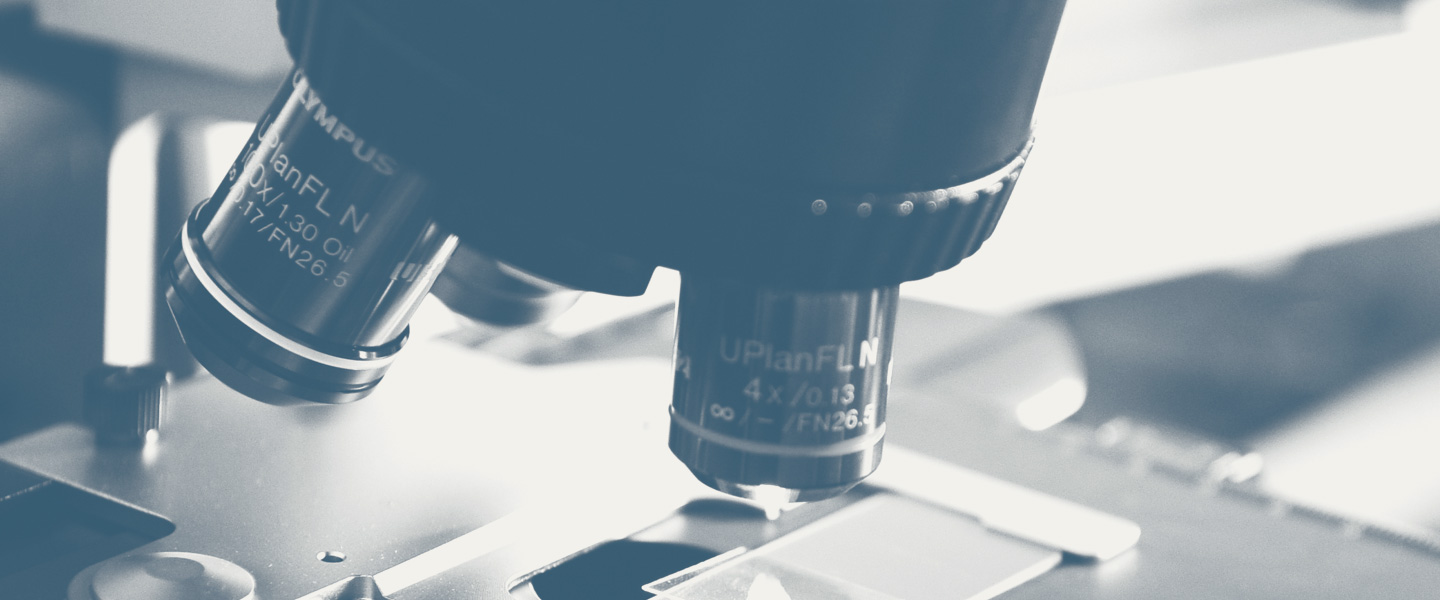
2020
Olatoyosi Odenike, MD
Professor of Medicine, University of Chicago
2020 Fletcher Scholar Project: Combined DNMT inhibition and BCL2 inhibition in TP53 mutant AML
Combined DNMT inhibition and BCL2 inhibition in TP53 mutant AML
Could combining two targeted drugs create better outcomes for “high risk” AML patients?
Acute myeloid leukemia (AML) is a cancer involving bone marrow and blood cells and is a heterogenous disease characterized by various acquired chromosomal abnormalities and gene mutations. The cure rate for AML overall is low and certain subgroups of AML, so called “high risk” AML, have a particularly poor outcome, with a five-year survival rate of less than 10%.The gene TP53 is important in preventing cancers from arising and is also associated with the ability of some cancer cells to resist chemotherapy drugs. Mutations in the TP53 gene are common in high risk AML. In order to investigate TP53 as a target to better address high risk AML, Dr. Odenike plans to investigate a combination of two drugs: decitabine (which inhibits an enzyme called DNA methyltransferase “DNMT”) and venetoclax (which inhibits BCL2) in TP53 mutated AML. DNA methyltransferases kick off the process of DNA methylation, which regulates the expression of various genes; DNA methylation is deregulated in AML. Additionally, BCL2, an antiapoptotic protein (a protein that prevents cell death) is upregulated in AML, thereby promoting cancer cell survival. With her Fletcher Scholar Award, Dr. Odenike plans to investigate whether combining these two drugs, with their individual properties, will be more effective in fighting high risk AML than either drug alone.
Dr. Odenike’s proposal is based on the hypothesis that an extended schedule of the DNMT inhibitor decitabine combined with treatment with the BCL2 inhibitor venetoclax will be safe and effective in TP53 mutated AML. Furthermore, she hopes to identify laboratory markers that may predict response or resistance to treatment with this combination, with a hope of gaining a better understanding of the biologic mechanisms underlying this poor prognosis subset of AML.
Olatoyosi Odenike, MD is an expert in the care of adults with leukemia, chronic myeloproliferative diseases, and myelodysplastic syndromes. She specializes in all types of treatment for these diseases, including blood and bone marrow stem cell transplant. She was awarded the Cancer Research Foundation Young Investigator Award in 2001.